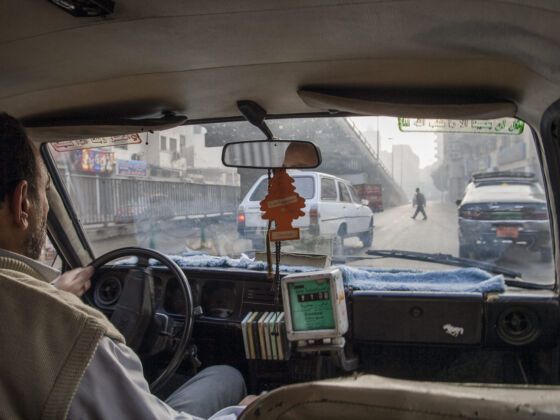WITH A HEAD FULL OF WHITE, slicked-back hair, freshly pressed slacks, collared-shirt, and corduroy blazer, this religious advisor had a professional air about him.
“So, Islam interests you?” asked the Sheikh in perfect English. The family — mama, papa, and Ahmed’s younger brother — looked at us expectantly.
